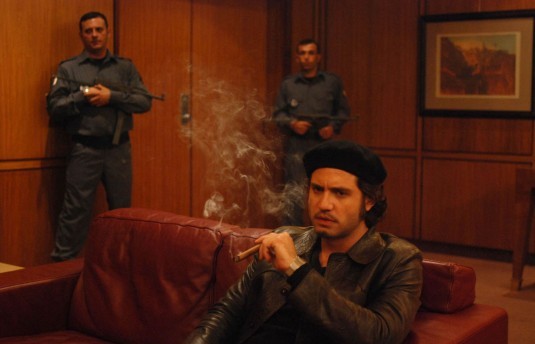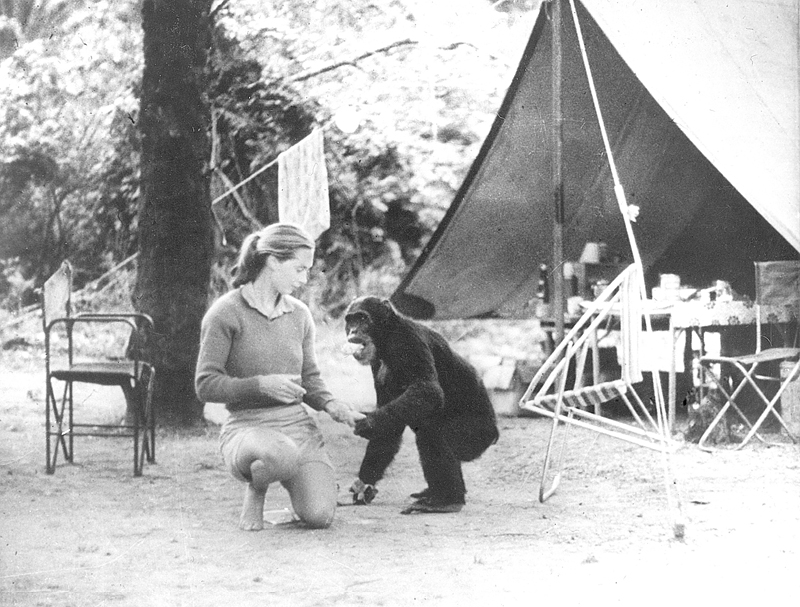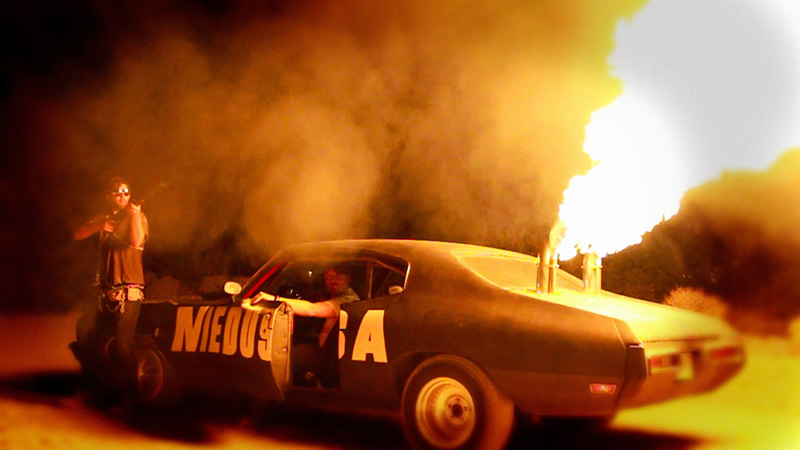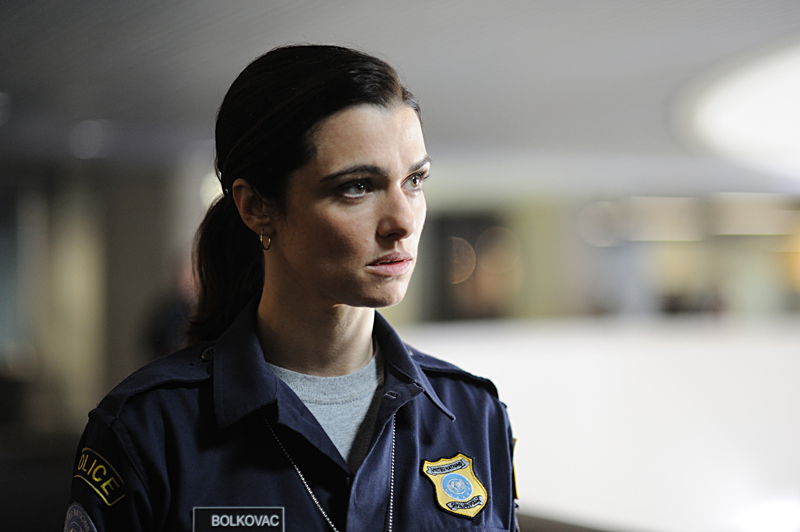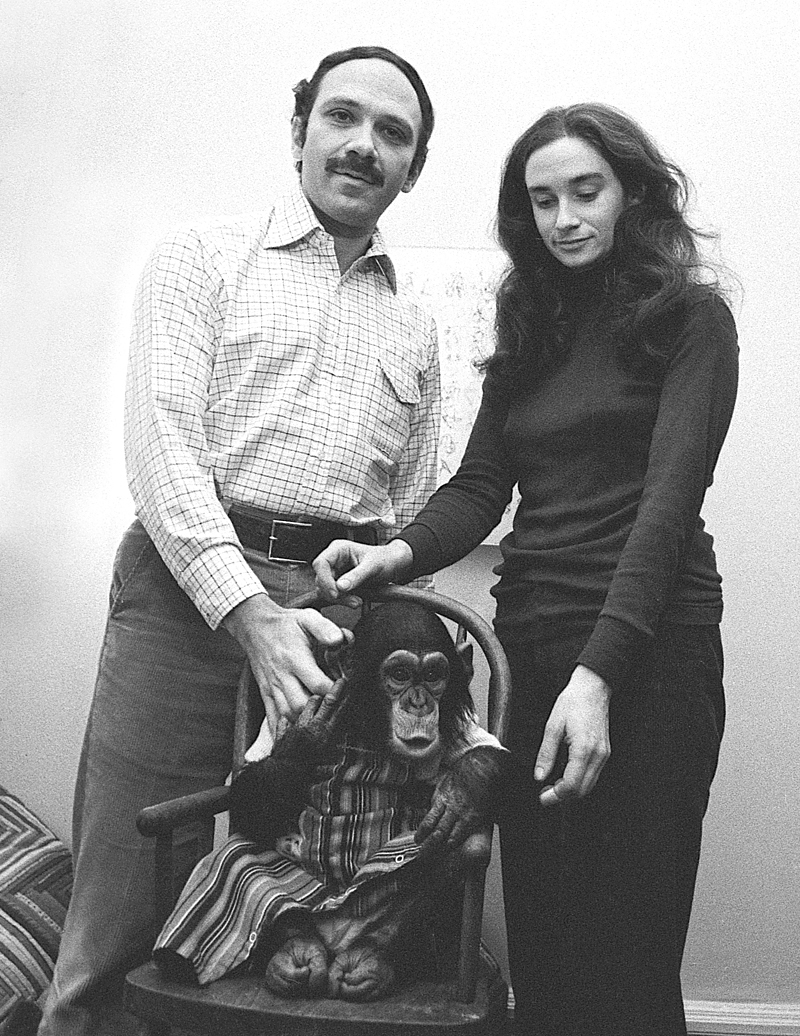Justly feted at Cannes, named for the globetrotting Venezuelan “revolutionary”-turned-killer capitalist also known as “the Jackal,” Carlos is French auteur Olivier Assayas’ gangster movie—or serial, if one takes into account its 330-minute running time (a cut half as long is also making the rounds). Assayas’ immensely skillful and thoroughly immersive biopic adopts the classic rise, peak, and fall structure of old-style gangster drama. Steeped in period detail, but sonically youthful when the mood suits, Carlos kicks off in 1973 Beirut with a Feelies tune (!) that establishes the crazy rhythms of one Ilich Ramírez Sánchez (Édgar Ramírez), 23-year-old soldier for the Popular Front for the Liberation of Palestine. Sporting chin-length sideburns and no shortage of ‘tude, Sánchez incrementally earns the right to rename himself “Carlos”—first by shooting the VP of the British Zionist Federation, later by raiding the French Embassy in the Hague. This stylishly outfitted architect of terror attacks fashions himself the Mick Jagger of Marxist revolutionaries. But more than an up-close inspection of a militantly suave sex-and-death machine, Carlos is a history of pre-9/11 terror in microcosm, equal parts psychological character study, geopolitical survey, and intellectual action movie. Ultimately, Assayas’ film seems critical not of terrorism per se so much as murderous power-mongering vaguely disguised as ideological zeal. Spanning two decades, a dozen countries, and more than a hundred speaking parts in a handful of languages, Carlos is nevertheless a movie that one can somehow remember vividly for months.
Carlos: Five Hours of International Terrorism in a Single Weekend
